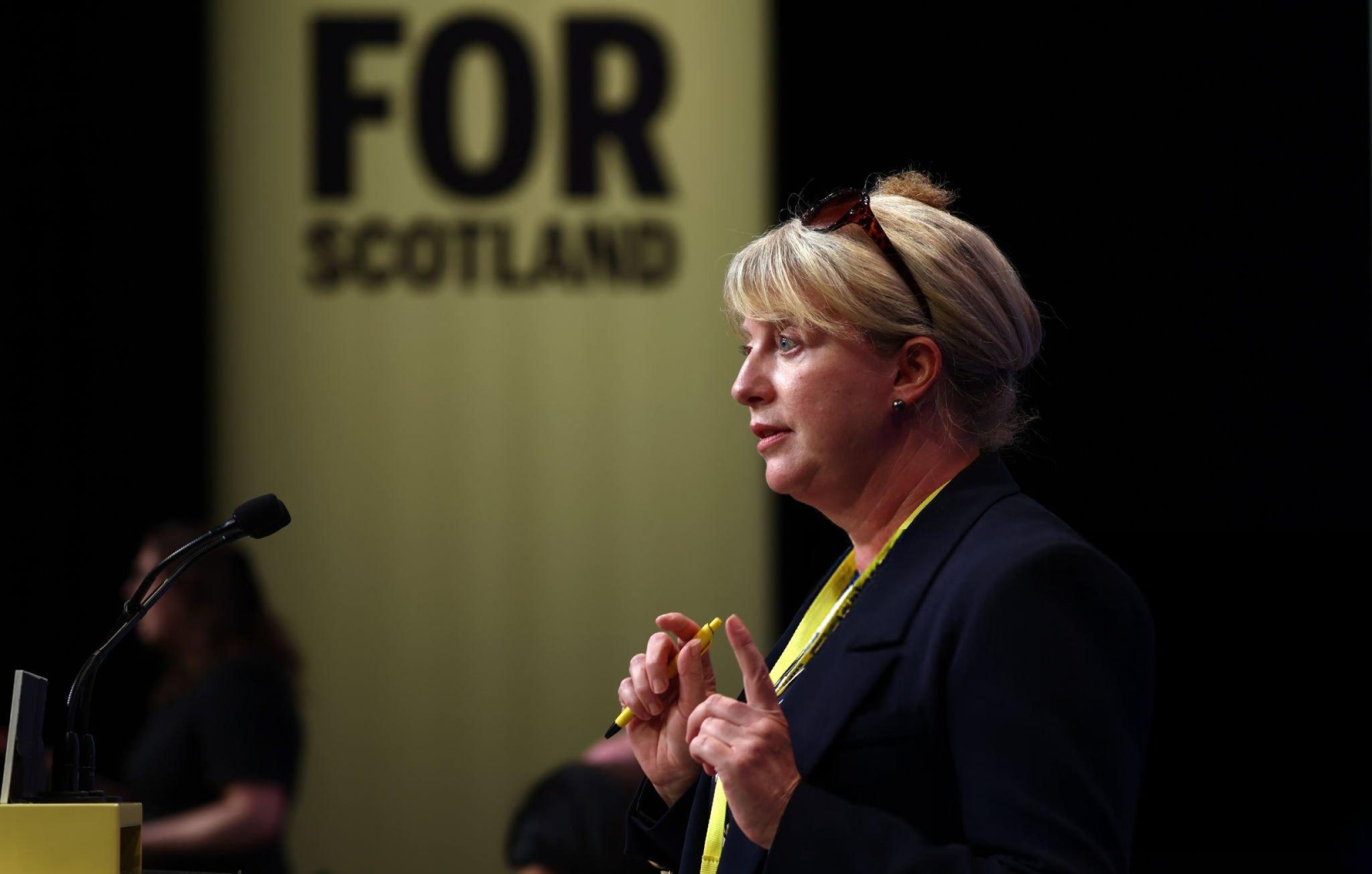Scotland’s Finance Secretary, Shona Robison, has warned that the UK Government’s latest fiscal decisions could have “serious social and economic” consequences, as she urged Westminster to reverse course on key welfare cuts.
Her remarks come ahead of a Holyrood debate on the impact of Chancellor Rachel Reeves’ spring statement, which included nearly £5 billion in benefit cuts by the end of the decade. The Scottish Government fears the policy changes will place additional strain on Scotland’s budget and public services.
Concerns over welfare cuts and devolved funding
Ms Reeves’ announcement last week outlined significant welfare reforms, with £1 billion allocated for employment support aimed at getting people back into work. However, the measures also include major reductions in benefits, affecting three million families on incapacity benefits and lowering personal independence payments (PIP) for around 800,000 claimants.
While Scotland administers many of its own social security payments through Social Security Scotland, UK welfare policies still influence the overall devolved budget. Any reductions in funding from Westminster inevitably impact Scotland’s ability to provide services, with Robison warning that the Chancellor’s choices will disproportionately hurt vulnerable groups.
“The spring statement was an opportunity for the UK Government to reject the mistakes of the past and commit to investment in public services,” Robison said.
“But the Chancellor made the wrong choices, which will short-change public services and deliver austerity, seeking to balance the books on the backs of disabled people.”
She also pointed to an alarming impact assessment published by the UK Government, which estimated that 250,000 people—50,000 of whom are children—will be pushed into relative poverty as a direct result of the welfare cuts.
Scotland’s budget under pressure
The Scottish Government has repeatedly clashed with Westminster over funding decisions, particularly when it comes to covering additional costs incurred by UK-wide policy changes.
Robison highlighted that the Treasury has refused to fully compensate Scotland for rising national insurance contributions by public sector employers, leaving a significant funding gap.
“These cuts will have a devastating impact on Scotland’s budget, which will be compounded by the Treasury’s refusal to fully fund the additional cost of employers’ national insurance contributions,” she said.
“The UK Government’s decisions risk serious social and economic damage – and we will continue to press them to change course.”
Scottish ministers have called for more flexibility in the country’s devolved budget to mitigate the effects of UK-wide cuts, but they argue that Westminster’s fiscal rules restrict their ability to borrow or raise additional revenue.
Labour faces austerity accusations
Critics of the spring statement have accused the Labour Government of implementing “austerity” policies reminiscent of those seen under Conservative administrations. Opposition politicians, charities, and advocacy groups have condemned the cuts, warning they will disproportionately impact disabled people and low-income families.
Scottish Labour, however, has defended the measures, arguing that public spending is still set to rise overall. UK ministers insist that welfare reforms are necessary to improve economic productivity and reduce government debt.
A Scottish Labour spokesperson dismissed claims that the party is imposing austerity, stating:
“The Labour Government is making difficult but responsible choices to ensure economic stability while investing in public services.
These reforms will help more people into work, which is the best way to reduce poverty in the long term.”
However, the Scottish Government remains unconvinced, arguing that Westminster’s approach is forcing Holyrood to make difficult spending decisions of its own.
Holyrood debate and calls for change
As MSPs prepare to debate the impact of the UK Government’s fiscal policies, Robison reiterated that Scotland would continue to challenge Westminster’s approach. She also hinted at exploring alternative funding mechanisms to shield Scottish citizens from the worst effects of the cuts.
The Scottish Government is expected to push for greater borrowing powers and a fairer distribution of funds to mitigate the risks posed by Westminster’s decisions. However, without significant policy shifts from the UK Government, it remains uncertain whether Scotland will be able to fully offset the impact of the benefit cuts.
With political tensions running high, the debate over welfare spending is likely to remain a contentious issue in both Holyrood and Westminster in the months ahead.







